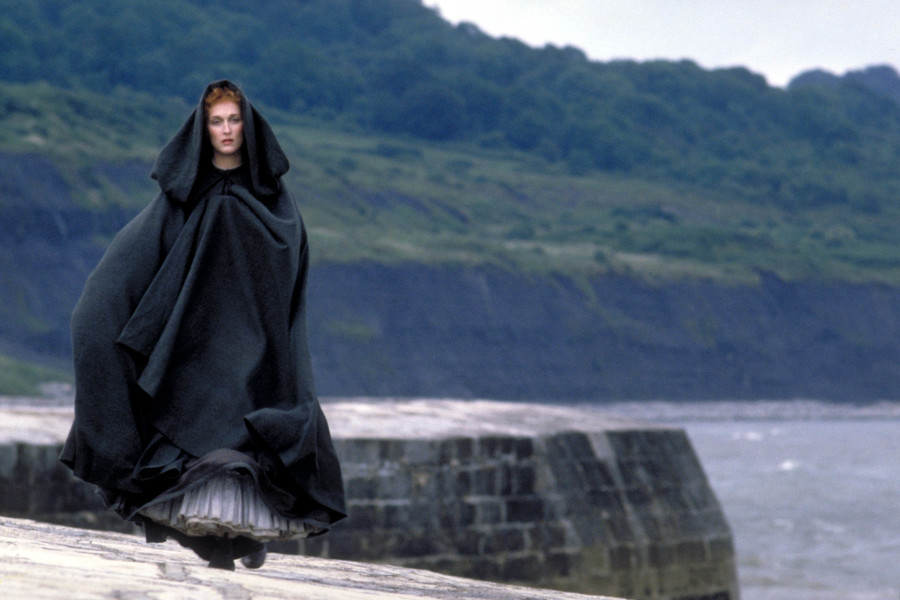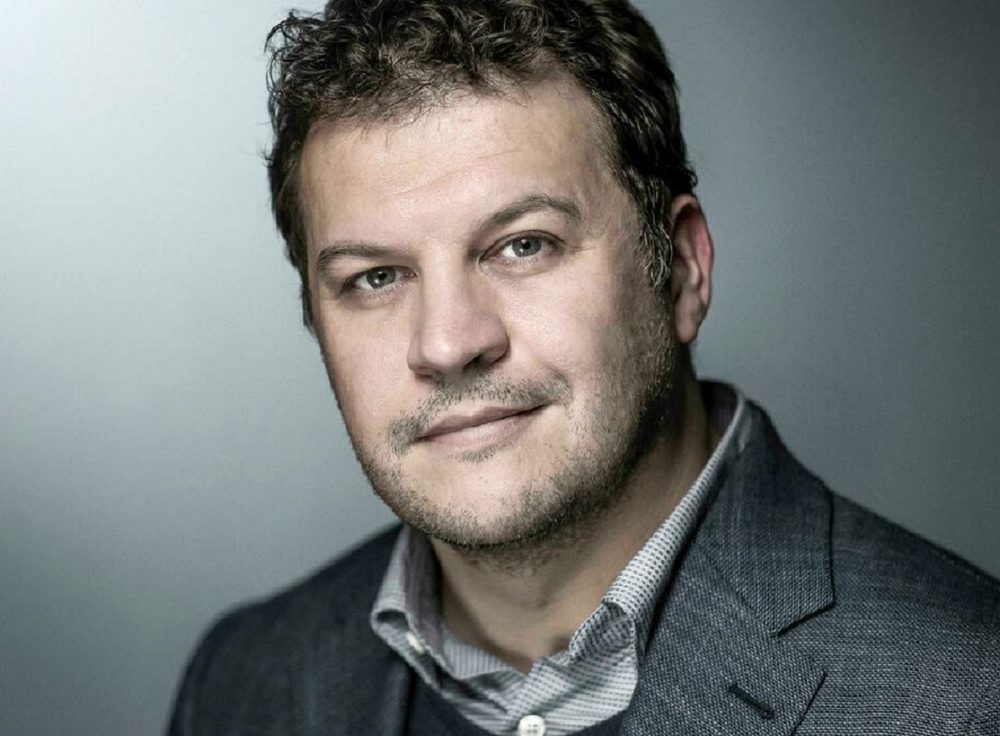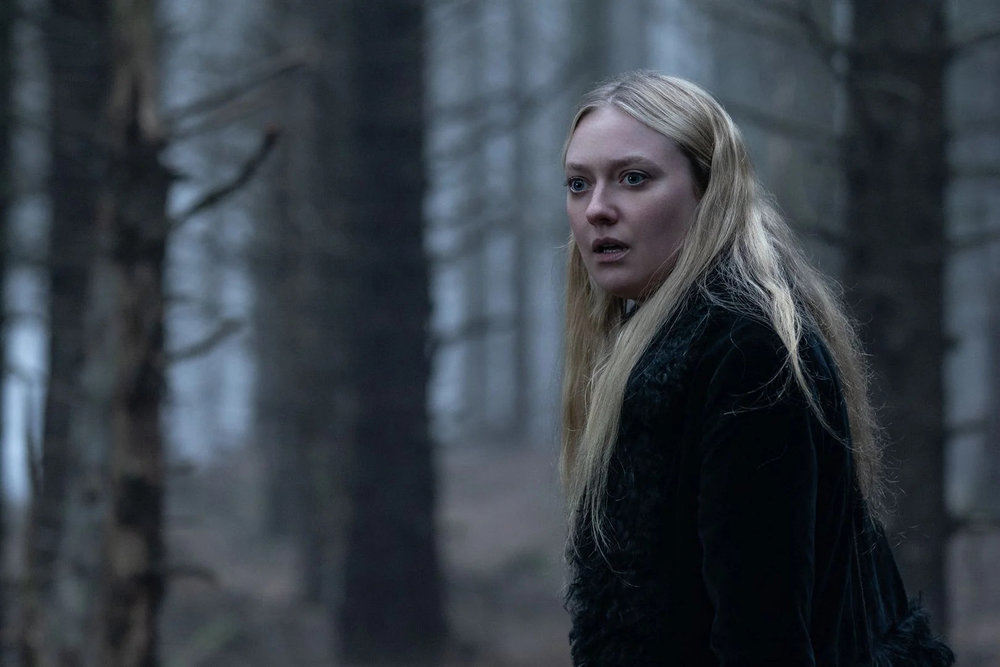Приговор при свечах / Judgment in candlelight - Владимир Анатольевич Арсентьев
Книгу Приговор при свечах / Judgment in candlelight - Владимир Анатольевич Арсентьев читаем онлайн бесплатно полную версию! Чтобы начать читать не надо регистрации. Напомним, что читать онлайн вы можете не только на компьютере, но и на андроид (Android), iPhone и iPad. Приятного чтения!
Шрифт:
Интервал:
Закладка:
“Plato, Aristotle and Plotinus recognized the presence of intimate ontological connections between all the entities in the world – connections that overcome the divisions in time and space. The same idea is found in all Christian thinkers – the Fathers of the Church and the great scholastics and also in the philosophy of Fichte, Schelling, Hegel and all Russian religious thinkers.”[250]
The court of justice is life but also a school where the main idea of law reigns supreme, expressed in the general ethical “golden rule”—you shall do unto others as you would have them do unto you! The same rule constitutes the fundamental principle of law – do not do unto others what you do not want done to yourself. Hence, law arises from life itself and is based on conscience. Neither conscience nor law can be abolished. Law can, however, be adjusted to new circumstances via legislation. The principles of historical continuity and precedence are instrumental here, as they ensure the inalienable human right to be not the means but the end of the state’s existence and activities. In this context, natural law is part of positive law focusing on the ideas of freedom, equality, and justice. Natural law is in essence the law of freedom.
As argued by Immanuel Kant, freedom in the practical sense is the independence of the will of coercion by sensuous impulses. Furthermore, morality is the only logic of actions that can be derived purely a priori from principles.[251]
The basic principles of criminal justice are shaped by the ideas of free choice between good (truth) and evil (lies or violence); equality of all people before the law and equality of opportunity; and fairness, meaning that anyone who chooses good becomes personally free and personally responsible, while anyone who chooses evil is liable to punishment in the form of dependent and subjugated will.
The criminal legal principles of legality, equality of citizens before the law, guilt, fairness, and humanism form the system of human rights in the context of criminal prosecution, combined with the presumption of innocence and freedom of conscience.
The principle of legality implies that the criminality of an act, as well as its punishability and other criminal legal consequences are determined only by the Criminal Code of the Russian Federation. It is not allowed to apply criminal law by analogy. Legality is the axis of public order, the stability of which hinges on the exercise of the principle of presumption of innocence. The latter, in turn, safeguards the very idea of legal resolution of a criminal case – that only the guilty of the crime are convicted, while the innocent are acquitted. The criminal legal principle of legality means that there is no punishment without a crime.
The principle of equality of citizens before the law should be interpreted in systemic unity with other principles. It pertains to offenders who are equal before the law and criminally liable regardless of circumstances listed in the law or any others. These are the persons who fall within the scope of the presumption of innocence and require defense against charges until proven guilty – irrespective of the aggregate circumstances that distinguish people in different ways. The principle prohibits limiting citizens’ rights based on any features indicated in the law (such as gender, race, nationality, language, origin, property status, professional position, place of residence, attitude to religion, views, and membership of public associations), which features should be interpreted broadly. The principle of equality of citizens before the law does not allow for discrimination in the enjoyment of the rights and freedoms on any basis that depends on the person’s natural features or social status.
According to the principle of guilt, one is criminally liable only for the socially dangerous acts (or inaction) and socially dangerous consequences in regard to which one’s guilt has been established. There is no provision for strict liability, that is, criminal liability for causing harm without fault. The principle of guilt, uncoupled from the principle of innocence, means that the accused is invariably guilty and ensures so-called prosecutorial bias, which renders useless the Constitution and the criminal law. Guilt, along with criminal motive and intent, represents the subjective side of the crime, without which there is no crime – and therefore, no criminal liability. The principle of guilt implies personal, and only personal, liability. Hence, “connection with a criminal milieu,” “dangerous condition,” “dangerous thoughts,” etc. are out of the question.
According to the principle of justice in criminal law, punishment and other penal measures applied to the culprit should be just, i. e. correspond to the character of the offense, its social repercussions, the circumstances in which it was committed, and the identity of the perpetrator. No one shall be held criminally liable twice for the same crime.
The principle of fairness is closely connected with the principle of equality before the law and the court. While it is the crime that is condemned, it is the criminal who is punished. The gravity of the crime shall determine the severity of the punishment. The criminal law obliges the court to take into account the identity of the perpetrator when sentencing along with the gravity of the crime – which would be just according to the legislator. Hence, the law suggests an expansion of judicial discretion, introducing the fundamentals of advisability and moral evaluation into judicial practice, given that retribution is necessary and inevitable.
According to the principle of humanism, criminal law guarantees safety for all persons; punishment and other penal measures applied to an offender may not have as their purpose causing of physical suffering or degradation of the individual.
While the state is not able to perform its functions without resorting to coercion and
Прочитали книгу? Предлагаем вам поделится своим отзывом от прочитанного(прослушанного)! Ваш отзыв будет полезен читателям, которые еще только собираются познакомиться с произведением.
Уважаемые читатели, слушатели и просто посетители нашей библиотеки! Просим Вас придерживаться определенных правил при комментировании литературных произведений.
- 1. Просьба отказаться от дискриминационных высказываний. Мы защищаем право наших читателей свободно выражать свою точку зрения. Вместе с тем мы не терпим агрессии. На сайте запрещено оставлять комментарий, который содержит унизительные высказывания или призывы к насилию по отношению к отдельным лицам или группам людей на основании их расы, этнического происхождения, вероисповедания, недееспособности, пола, возраста, статуса ветерана, касты или сексуальной ориентации.
- 2. Просьба отказаться от оскорблений, угроз и запугиваний.
- 3. Просьба отказаться от нецензурной лексики.
- 4. Просьба вести себя максимально корректно как по отношению к авторам, так и по отношению к другим читателям и их комментариям.
Надеемся на Ваше понимание и благоразумие. С уважением, администратор knigkindom.ru.
Оставить комментарий
-
 Гость Анастасия28 июль 20:09
Анастасия, спасибо. Спасибо за этот мир. Спасибо за эмоции, за ночи без сна за книгой. Спасибо. ...
Крайние земли - Анастасия Владимировна Лик
Гость Анастасия28 июль 20:09
Анастасия, спасибо. Спасибо за этот мир. Спасибо за эмоции, за ночи без сна за книгой. Спасибо. ...
Крайние земли - Анастасия Владимировна Лик
-
 Гость Светлана26 июль 20:11
Очень понравилась история)) Необычная, интересная, с красивым описанием природы, замков и башен, Очень переживала за счастье...
Ледяной венец. Брак по принуждению - Ульяна Туманова
Гость Светлана26 июль 20:11
Очень понравилась история)) Необычная, интересная, с красивым описанием природы, замков и башен, Очень переживала за счастье...
Ледяной венец. Брак по принуждению - Ульяна Туманова
-
 Гость Диана26 июль 16:40
Автор большое спасибо за Ваше творчество, желаю дальнейших успехов. Книга затягивает, читаешь с удовольствием и легко. Мне очень...
Королевство серебряного пламени - Сара Маас
Гость Диана26 июль 16:40
Автор большое спасибо за Ваше творчество, желаю дальнейших успехов. Книга затягивает, читаешь с удовольствием и легко. Мне очень...
Королевство серебряного пламени - Сара Маас










